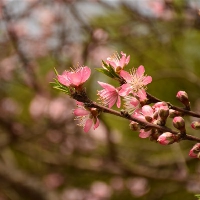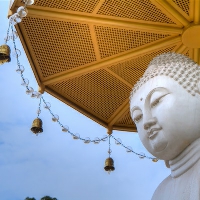Qingqin's explanation is: never forget the metaphor. What is the specific explanation of Qingqin viscera? We will introduce it to you through the following aspects: first, the synonyms of Qingqin viscera are Qinren viscera; second, the idioms about Qingqin viscera are Qinren viscera, Qinren viscera, Qinren viscera, Qinren heart and lung; third, about Qingqin viscera ..
Expand Details









